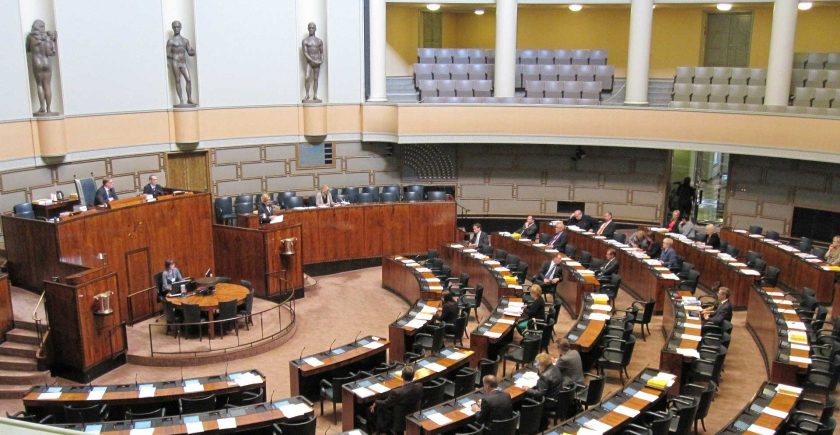The Finnish government submitted a proposal to the parliament on 28th of September to amend accounting and auditing acts as well as some other acts to implement European Union’s Corporate Sustainability Reporting Directive (CSRD) at the national level. Until now, reporting has been mandatory only for large publicly traded companies, although many large companies, including cooperatives, have voluntarily reported on their sustainability efforts for years.
If the government’s proposal is accepted by the parliament as proposed, the national implementation of the directive will mean that sustainability reporting will also become mandatory for cooperatives if at least two of the following conditions are met: the cooperative’s balance sheet is at least 20 million euros, revenue is at least 40 million euros, or it has an average of 250 employees.
A significant exception to this is the proposal related to primary production, which allows cooperatives engaged in primary production and purchasing cooperatives (procurement cooperatives) that source from them to opt out of sustainability reporting requirements. This is justified by the need to maintain security of supply and the heavy cost structure in agriculture and food supply compared to other EU countries.
This requires a decision by the cooperative’s board, and information must be provided in the annual report to inform members and other stakeholders.
“Producer cooperatives operate with a lean organization. The new reporting obligation would have imposed unreasonable costs on them,” says Anne Kontkanen, the chief legal officer of Pellervo Coop Center.
Cooperatives’ request for centralized reporting considered
The legislative proposal also takes into account the unique operating model of cooperatives that differ from the corporate group structure of limited companies. Cooperatives operate as a group and a central organization owned by them provides administrative or other business services to the cooperatives. The most significant of these is the S-Group.
The legislative proposal suggests allowing a procedure in which the central organization prepares a joint sustainability report on behalf of the cooperatives in the group. It includes information about the cooperatives in the group in a manner similar to a limited company’s group sustainability report. This procedure corresponds to the practice where the parent company in a limited company group structure prepares a sustainability report for the entire group.
Cooperatives subject to the sustainability reporting requirement will have to submit a new form of sustainability report for the first time starting from the beginning of 2026 for the financial year that began in 2025.
“The formal and precisely regulated reporting obligation coming into force is a significant change for many businesses,” summarizes Anne Kontkanen.

